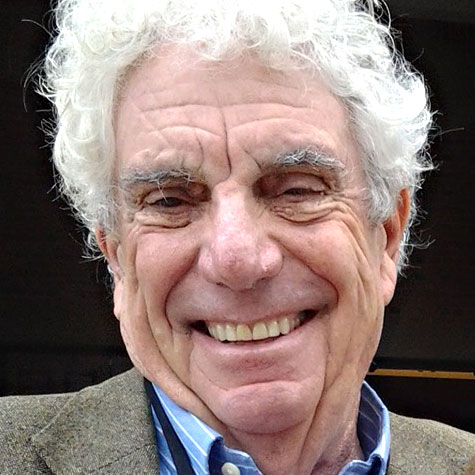“A great school is an anchor for a neighborhood,” Los Angeles Mayor Antonio Villaraigosa said. “A great school district is an anchor for a great city.”
I was interviewing the mayor in his City Hall office last week about his heavy involvement in the Los Angeles public schools. Although running the Los Angeles Unified School District isn’t in his City Charter job description, Villaraigosa has been a leader in creating schools that offer alternatives to traditional district methods, trying to improve student and teacher performance.
Villaraigosa has been criticized for these efforts. Some critics say he should spend his time on potholes, traffic congestion, jobs and cops rather than on an institution over which he has no jurisdiction. His most intense criticism comes from the teachers union, United Teachers Los Angeles (UTLA), which opposes his sweeping proposals, especially those that weaken seniority protection for the hiring, firing and assignment of teachers. The union especially opposes charter schools, which operate with public funds but are not under UTLA contracts. Villaraigosa favors charters.
The union-charter school issue is complicated.
The charters are beloved by rich business people like Bill Gates and Eli Broad, who help fund them, and by some hedge fund magnates, who see them as good investments. Also, there are tax advantages for donating to nonprofit charters. All these people think charters offer a magic way to better schools, although results around the country are mixed. UTLA, on the other hand, is opposed to charters and to other proposals to change seniority rules and other contract provisions that protect veteran teachers at the expense of newer, more energetic and perhaps more imaginative teachers. To UTLA, charter supporters are union busters.
This is just one element of the public school situation, one of the most interesting and important stories in Los Angeles. For public school students, parents and grandparents, the daily ups and downs of life at the kids’ school are a major worry and topic of conversation. Many Jewish families, returning to the public schools or contemplating such a move, are among them. That’s why I write about the public schools as often as I do.
In addition to helping create alternatives to the traditional Los Angeles public schools, Villaraigosa has rounded up donations for the LAUSD and, most importantly, raised money and campaigned for winning candidates, who have formed a majority on the seven-member L.A. district board and are friendly to his ideas.
I asked him about this. “Mayors need to drive these reforms,” he said. He had visited one school in the morning and said he had to limit our conversation to a half hour because he was going to another school late in the afternoon.
As he sees it, “Kids fail in urban schools in numbers that boggle the mind.” When they drop out, they can’t compete for jobs that are increasingly complex. Nor can a city with bad schools compete for industries and other businesses.
Villaraigosa is deeply involved in two efforts that he considers major reforms but that are strongly opposed by the teachers union.
One is Villaraigosa’s Partnership for Los Angeles Schools, which he formed with the school district after his effort to take over the LAUSD was defeated in the legislature. It is a nonprofit organization run by the city and the school district, which has taken on more than 21 schools with considerable power to manage teaching and the budget. A $50 million donation — at $5 million a year for 10 years — from South Bay real estate developer Richard Lundquist and his wife, Melanie, both LAUSD grads, got the partnership off to a good financial start.
The other is Public School Choice, consisting of 74 Los Angeles schools that have been taken over by nonprofit charter school firms or organizations formed by teachers, school administrators, parents or community groups. These schools operate without many of the union rules Villaraigosa opposes, and with strong emphasis on evaluations of teacher performance.
As Villaraigosa sees it, teachers collaborate and compete. “Competition and choice work,” he said. “The days of excuses and low expectation are over.” He added, “Teachers are rising to the occasion.” He said they “plan together, work together and critique each other.”
Like the mayor’s Partnership schools, the Public School Choice schools include some of the city’s lowest ranked academically and have the most needy students.
All this reflects an expansive view of being mayor, but one that has always made a lot of sense to me.
The mayor of Los Angeles is the most visible and powerful elected public official in the L.A. basin. Some of his responsibilities extend beyond the city limits. For example, by serving on the Metropolitan Transportation Authority board and appointing three more of its members, he has considerable influence over the Southland’s rail and bus lines. By appointing the airport board, he has more say than anyone else in running Los Angeles International Airport.
With such wide-ranging responsibilities, it’s good that the mayor has focused on the public school system, the institution that, along with the police and fire departments, has more impact than any others in Angelenos’ daily life.
Bill Boyarsky is a columnist for The Jewish Journal, Truthdig and L.A. Observed, and the author of “Inventing L.A.: The Chandlers and Their Times” (Angel City Press).





















 More news and opinions than at a Shabbat dinner, right in your inbox.
More news and opinions than at a Shabbat dinner, right in your inbox.